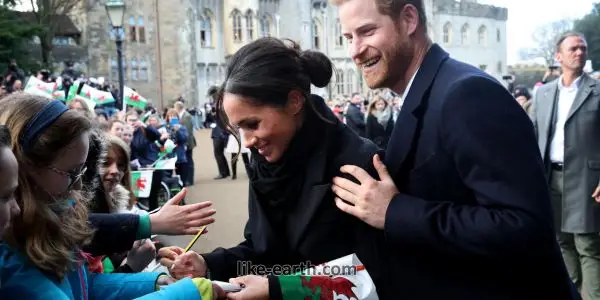Public Comments About the Royal Family

Introduction: Public Comments About the Royal Family
Public sentiment toward the British monarchy has become increasingly vocal and visible in the era of social media. The phrase public comments about the royal family online now encapsulates global debates, praise, and criticisms of one of the world’s most iconic institutions. From admiration to outrage, millions voice their thoughts about royals with little restraint. But what exactly are they saying?
Supporters Celebrate the Monarchy’s Stability and Legacy
Many comments highlight admiration for the royal family’s historical legacy. Supporters view them as symbols of unity, tradition, and national pride. Queen Elizabeth II, in particular, is often described in glowing terms. Words like “grace,” “devotion,” and “unshakeable” dominate forums, especially during retrospectives of her reign. People credit her for maintaining composure during political upheavals.
King Charles III, though more controversial, has gained respect for his environmental advocacy. Supporters frequently mention his decades-long work on climate change and sustainability, praising him for being “ahead of his time.”
Critics Question Relevance in the Modern World
On the flip side, many public comments reflect growing criticism of the monarchy’s relevance. Detractors argue that taxpayer-funded royalty is outdated in today’s merit-based world. Online comments range from mildly skeptical to fiercely anti-monarchist.
Common keywords in criticism include “privilege,” “unaccountable,” and “archaic.” These voices often emphasize the need to modernize or abolish the monarchy altogether. Hashtags like #NotMyKing have trended after royal events, showing organized digital resistance.
Prince Harry and Meghan Markle Spark Global Debate
Perhaps no royal figures have polarized public opinion more than Prince Harry and Meghan Markle. After their 2020 departure from royal duties and subsequent interviews, social media exploded with opinions. Some praise them for “breaking free” from outdated protocols and confronting institutional racism.
Others view them as attention-seekers exploiting royal fame. Public comments vary wildly — some sympathetic, others fiercely critical. The phrase “public comments about the royal family online” often centers on this couple’s every move, proving their place in global conversations.
Public Opinion by Age and Region
Interestingly, opinions about the monarchy differ significantly by demographic. Older Britons are more likely to support the royal family, viewing them as national heritage. Meanwhile, younger generations often express skepticism or indifference.
Globally, the monarchy continues to receive mixed reactions. In Commonwealth nations like Canada and Australia, public comments frequently question the monarchy’s modern role. Some even advocate for full independence from the crown.
Social Media Platforms Fuel Commentary Trends
Twitter, TikTok, Reddit, and Instagram serve as the battlegrounds for royal discourse. Viral clips from royal events are dissected frame by frame. Every gesture, fashion choice, or perceived slight is analyzed in real time.
On Reddit, communities like r/OutOfTheLoop and r/AskUK frequently host royal discussions. Public comments range from jokes to deep political analysis. TikTok creators often blend satire with history to explain royal events to Gen Z audiences.
Memes and Mockery: A New Royal Language
Royal commentary has also entered meme culture. King Charles’s facial expressions, Prince Louis’s playful antics, and Harry’s viral interviews have all become meme material. While often humorous, these memes reveal public attitudes in digestible, creative forms.
This shift toward entertainment reflects how the public interacts with royalty today. It’s no longer just news—it’s social currency.
Impact of Public Commentary on Royal Decisions
With increased public scrutiny, the royal family is adapting. Their media strategy has evolved. You’ll notice more carefully curated social media posts and fewer public missteps. Some speculate that social media pressure may have influenced decisions like Prince Andrew’s withdrawal from public life.
The monarchy knows that today’s image is shaped less by tabloids and more by Twitter threads and YouTube reactions.
Conclusion: A Monarchy Shaped by Modern Voices
Whether adored or opposed, the royal family continues to captivate. The volume and intensity of public comments about the royal family online demonstrate that monarchy is no longer a one-way narrative. People are now participants in shaping the royal story.
In this fast-changing landscape, the monarchy faces both challenge and opportunity. They must engage with a public that speaks louder—and listens less—than ever before.
Want more content that explores public voices on global topics? Visit our main site here for in-depth articles and features.
Stay in the loop with trending discussions by joining our official WhatsApp Channel.



